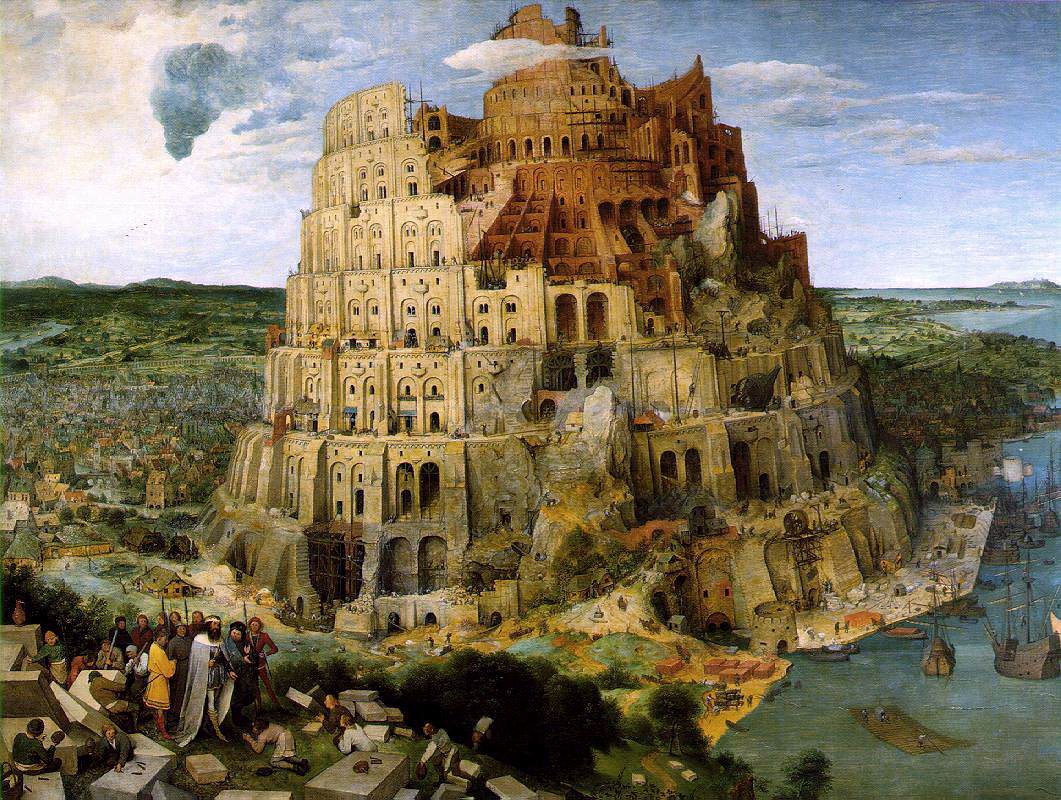Genesis 12 is the opening chapter of the story of the Bible with Genesis 1-11 being the prelude. The first eleven chapters show us how desperate the plight of man is in his rebellion against God. Depravity is deep and pervasive. No self-cure can come from a fallen race.
God’s answer to the crisis of the first eleven chapters is the call of Abraham and the blessing upon Abraham and his seed. God takes the initiative in calling Abraham; God promises to bless him and commands him to be a blessing; God further promises that through the seed of Abraham all the nations of the world will find blessing. Abraham obeys and the land of Canaan is promised to his seed. Abraham understood that what might be experienced in the kingdom of Israel on earth was at best only temporary and a foreshadowing of that eternal city ‘whose builder and maker is God.”
The remainder of the Old Testament story is the outworking of this promise to Abraham. In some sense as both Adam and Noah were given a new world in which to serve and worship the Lord, Abraham and his seed are promised a new world (Canaan) in which they will serve and worship the Lord. In Noah and Abraham there is a movement to return to what was lost in the Garden. Noah and his descendants after him failed to serve and worship and failed to regain what was lost. Abram will show his in his act of deception that he is affected by the fall and is not the One who comes to restore all things. Eventually the Old Testament story will end with the physical descendants of Abraham proving their inability to be faithful and leaving us looking for that seed ‘in whom all the nations of the world will find blessings.”
Galatians 3 tells us that the ‘seed’ of Abraham through whom blessing comes is Jesus and that all of those ‘in Jesus” by faith, regardless of ethnicity inherit the promise to Abraham.
Paul affirms that this was the gospel preached to Abraham. — that the One who comes to restore all things, to defeat the serpent, to atone for sin, and to lift the curse is Jesus Christ.
In urban centers around the world, the promise to Abraham that ‘all nations of the world will find blessing’ is being fulfilled as the gospel is preached and many, like Abraham, place their faith in Christ.
Unlike Abraham, we seek no temporal land of promise because we have found in Jesus the rest and the inheritance that comes from “being in the land.” Together in Christ, regardless of ethnicity or nationality, we enjoy all the blessings of ‘landedness’ in Christ.
Like Abraham, we sojourn here while still looking for that eternal city, whose builder and maker is God. There we will gather with the redeemed of all ages from all nations to worship the Lamb who is worthy of our praise.

